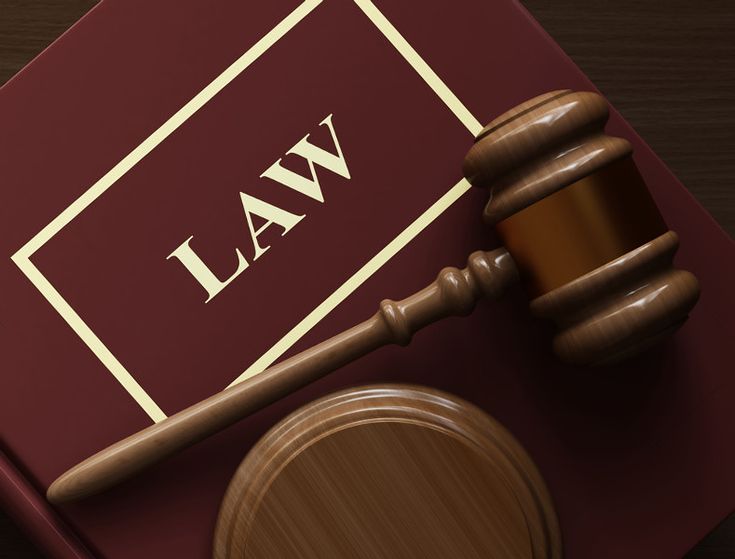When setting up a Power of Attorney (PoA) in Glasgow, as elsewhere in Scotland, understanding the legal requirements for its validity is crucial. While the primary focus is often on choosing the right Attorney and the Certificate of Capacity, the role of the witness can sometimes cause confusion. It’s important to clarify who can, and cannot, witness your power of attorney Glasgow document under Scottish law.
The Granter’s Signature and Witnessing
In Scotland, the Granter (the person making the PoA) must sign the Power of Attorney document. While the Adults with Incapacity (Scotland) Act 2000 does not strictly require a witness for the Granter’s signature to make the document legally valid (as it becomes “self-proving” upon registration with the Office of the Public Guardian), it is highly recommended practice for the Granter’s signature to be witnessed.
Why is it recommended to have a witness? Having an independent witness for the Granter’s signature provides an additional layer of protection and evidence that:
- The Granter indeed signed the document.
- The signing took place on a specific date.
- The Granter was not under duress or undue influence at the moment of signing. This can be particularly important in situations where the PoA might later be challenged.
Who Can Witness the Granter’s Signature?
Generally, the witness to the Granter’s signature should be:
- Over 18 years old.
- Mentally capable.
- Independent and not an Attorney: This is the most crucial rule. The person you are appointing as your Attorney (or any substitute Attorney) CANNOT witness your signature on the Power of Attorney document. This rule is in place to prevent potential conflicts of interest and to ensure the independence of the witnessing process.
- Physically present: The witness must be physically present and observe you signing the document. Remote witnessing via video call is generally not accepted for the Granter’s signature under normal circumstances, though some temporary emergency measures were introduced during the COVID-19 pandemic. It’s always best to follow standard practice unless specifically advised otherwise by a solicitor.
Ideal witnesses often include:
- A friend
- A neighbour
- A colleague
- Another family member who is not named as an Attorney in the document.
- Importantly, the solicitor assisting you with the PoA will often arrange for a member of their staff to act as a witness, as they are independent and understand the legal formalities.
The Attorney’s Signature and Witnessing
If your appointed Attorney(s) also sign the PoA document (e.g., to indicate their acceptance of the role), their signatures also need to be witnessed.
- Can Attorneys witness each other’s signatures? Yes, an Attorney can witness the signature of another Attorney on the same document.
- Can the Granter witness an Attorney’s signature? No, the Granter cannot witness an Attorney’s signature.
The Critical “Certificate of Capacity” and Who Provides It
This is where specific legal professionals come in, and it’s a distinct role from merely witnessing a signature. In Scotland, your Power of Attorney document must include a certificate of capacity. This certificate is signed by a qualified professional who confirms that they have interviewed you (the Granter) and are satisfied that you understand the nature and effect of the PoA and are not acting under undue influence
The professionals authorised to provide this Certificate of Capacity are:
- A solicitor registered to practice law in Scotland.
- A practising member of the Faculty of Advocates.
- A registered UK medical doctor who holds a license to practice.
Important Note: The person providing the Certificate of Capacity cannot be one of the appointed Attorneys in the document.
Summary of Roles:
- Granter: The person making the Power of Attorney and signing the document.
- Attorney(s): The person(s) appointed to act on behalf of the Granter.
- Witness (for Granter’s signature): Recommended to be an independent adult (over 18), not an Attorney, who sees the Granter sign.
- Witness (for Attorney’s signature): Can be another Attorney, or any independent adult.
- Certifier (for Certificate of Capacity): A qualified Scottish solicitor, advocate, or UK medical doctor who assesses the Granter’s capacity. This person cannot be an Attorney.
Why Professional Legal Guidance in Glasgow is Key
Given the specific requirements of Scottish law, particularly around the Certificate of Capacity and the need for independence for the Granter’s witness, it is highly advisable to engage a Glasgow solicitor when setting up your Power of Attorney. They will:
- Ensure the document is correctly drafted.
- Provide clear guidance on who can act as a witness.
- Facilitate the crucial Certificate of Capacity.
- Manage the mandatory registration process with the OPG.
By understanding these distinctions and seeking expert legal advice, residents of Glasgow can ensure their Power of Attorney is legally robust and effectively serves its purpose in safeguarding their future.



